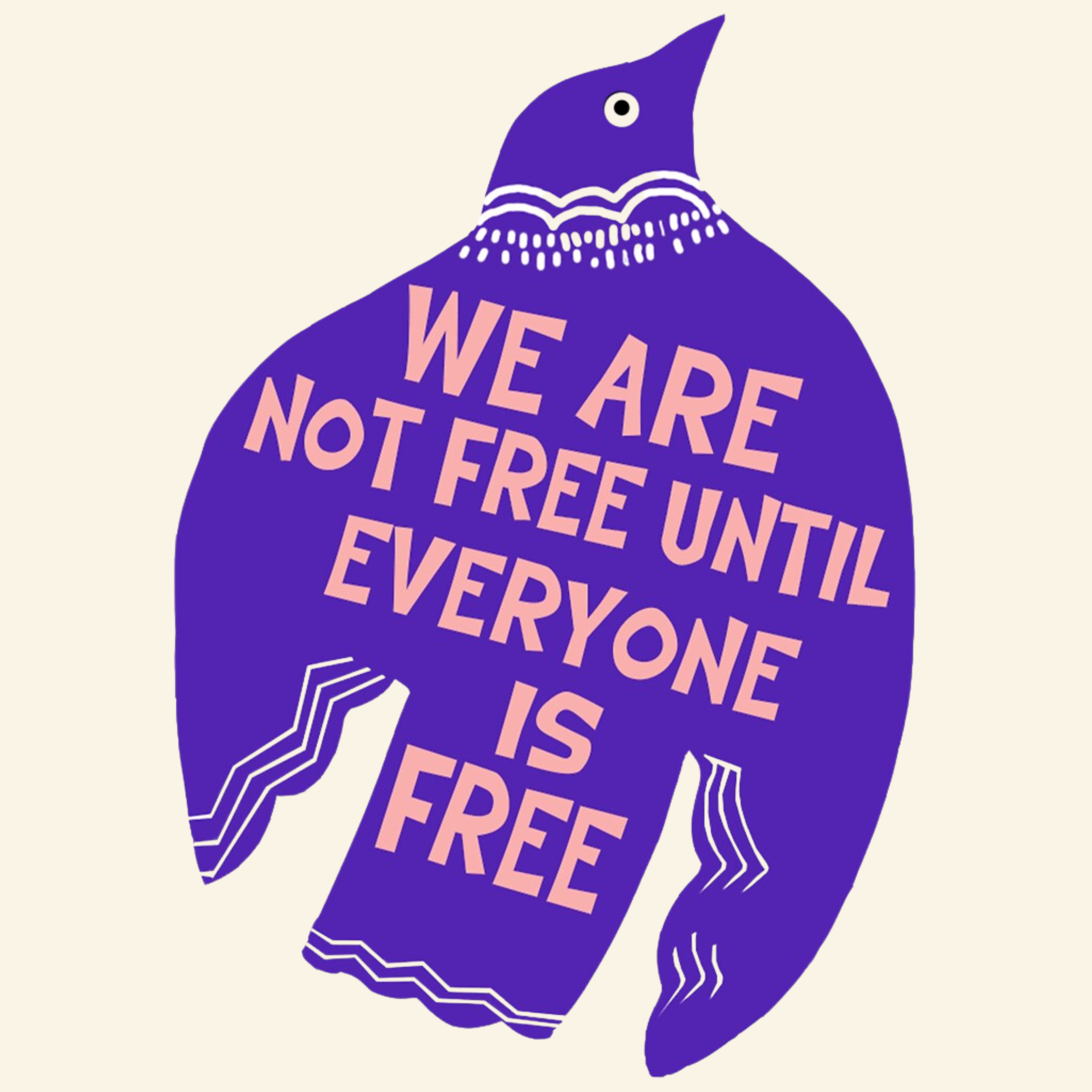International Women's Day, celebrated annually on March 8th, has become a widely recognized holiday in many parts of the world. But few people realize just how radical the origins of International Women's Day really were. When the first IWD gathering was held in the United States in 1911, it was a highly political event advocating for women's right to vote, hold public office, and work. The organizers were socialists, feminists, and suffragettes–hardly the uncontroversial icons mainstream culture likes to remember them as today.
But even in their radicalism, those early activists failed to advocate for all women. Black women were largely excluded from the mainstream suffrage movement, despite facing double discrimination on account of their race and gender. White women knew they could only push so much, and they didn’t want their demands to tip them off of the pedestals they had so carefully propped up.
Perhaps that rewriting of history, the way we smooth the rough edges of feminism by excluding the stories and people who truly threaten to change the systems, might explain why a hundred years later, International Women's Day has been co-opted by corporations and even governments as an opportunity to pay lip service to women's advancement.
Rights in theory, not by law
There are only 10 countries in this world where gender equality has been codified into law: Belgium, France, Denmark, Latvia, Luxembourg, Sweden, Canada, Iceland, Portugal, and Ireland. Meanwhile, in the United States, we have unraveled legal protections for women with the Supreme Court’s decision to overturn Roe v Wade, restricting our autonomy and impacting our ability to work or attend school full-time*.
We already struggle enough with the pay gap, which is as strong today in the United States as it was 20 years ago, with women earning 82% of what men take home annually. That’s a rosy, feel-good statistic. As soon as you account for race, the gap widens. Hispanic women experience the largest pay gap, having earned just 57 cents for every $1 earned by white, non-Hispanic men in 2020, and Black women—despite consistently having some of the highest labor force participation rates—earn just 64 cents for every $1 earned by white, non-Hispanic men in 2020*.
It should come as no surprise that countries with higher levels of gender equality are linked to good governance and are less likely to engage in violence either within their own borders or with neighboring countries*. Perhaps that’s why in the United States, the number one cause of death for children is firearms*. As of writing this on February 29th, there have been more than 49 mass shootings with nearly 5,000 people killed*. And we have yet to demand a ceasefire in Gaza and the death toll has formally topped 30,000, most of whom are women and children*.
“To refuse to participate in the shaping of our future is to give it up. Do not be misled into passivity either by false security (they don’t mean me) or by despair (there’s nothing we can do). Each of us must find our work and do it.” ~ Audre Lorde
It’s about speaking the truth
For decades, people commemorated IWD as a communist holiday, which is one reason why it took so long for it to be formally recognized in the United States. But in 1974, the Third World Women’s Alliance, founded by Black women in New York, reframed it once more specifically as an opportunity to honor the struggles of working-class women of color and their contributions to society, particularly colonized women. They brought an anti-imperialist and antiwar perspective to IWD, linked welfare to a woman’s right to economic security, and applied an anti-capitalist lens to discussions of racism and sexism*.
When it came to women’s rights, they were having the challenging, intersectional conversations that the mainstream was not. That is the radicalism of International Women’s Day that we need to embrace today. We distance ourselves from being perceived as radical because as women, we want to be liked and we don’t want to make others feel uncomfortable. We have been socialized this way and the world has come to expect it of us. So we keep quiet. We apologize. We question ourselves. We smooth our rough edges. All of this is holding us back from what we–what the world–needs and deserves.
What can we do about this? Speak the truth, and unapologetically:
- Say what needs to be said. Don’t shy away from the truth.
- Don’t enter into conversations thinking you must change people’s minds or prove a point. You don’t. You can have a conversation, tell someone you disagree with them, and walk away from it. You don’t have to “win.”
- Nor do you have to be an expert or have all the answers. Do you need to be informed? Certainly, learning is part of our daily work. But next time someone aggressively challenges you to prove it, tell them Google is free but you’re happy to send them an invoice. Questions that arise from genuinely wanting to understand feel completely different, and you’ll know.
- People’s discomfort is more about them and less about you. Don’t center yourself in the experience. Allow them to own their feelings.
- Be okay with losing shit. Like friends. Or lovers. Or clients. Or whomever it is that can’t handle the words that come out of your mouth in the name of human rights. White women oftentimes don’t have as much to lose as women of color; our safety is rarely at risk, we hold more power to begin with, and we can afford it.
- Ask yourself why you want people to think you’re nice. Of all the things we could be in the world, why do women strive for that above all else?
- Don’t worry about not everyone liking you. They already don’t.
Creating real change means advocating for all women–not just white women, but women of color, immigrant women, disabled women, queer women, trans women, Palestinian women, and more. It means fighting not just for the easy issues, but the ones that push you outside of your comfort zone. What are you willing to fight for, what are you willing to lose, what are you willing to suffer over, and what are you willing to win?
Citations, in order of use:
* https://www.economicsobservatory.com/how-will-the-reversal-of-roe-v-wade-affect-american-women
* https://www.pewresearch.org/short-reads/2023/03/01/gender-pay-gap-facts/
* https://geia.elliott.gwu.edu/2022/03/03/dr-shirley-graham-on-the-importance-of-womens-history-month/
* https://www.forbes.com/sites/darreonnadavis/2023/10/05/firearms-now-no-1-cause-of-death-for-us-children---while-drug-poisoning-enters-top-5/?sh=15adaa39609e
* https://abcnews.go.com/US/gun-violence-claimed-lives-5000-people-2024/story?id=107262776
* https://www.aljazeera.com/news/liveblog/2024/2/29/israels-war-on-gaza-live-mass-killing-of-children-in-slow-motion-ngo
* https://www.washingtonpost.com/outlook/2022/03/08/how-restore-radical-origins-international-womens-day/


